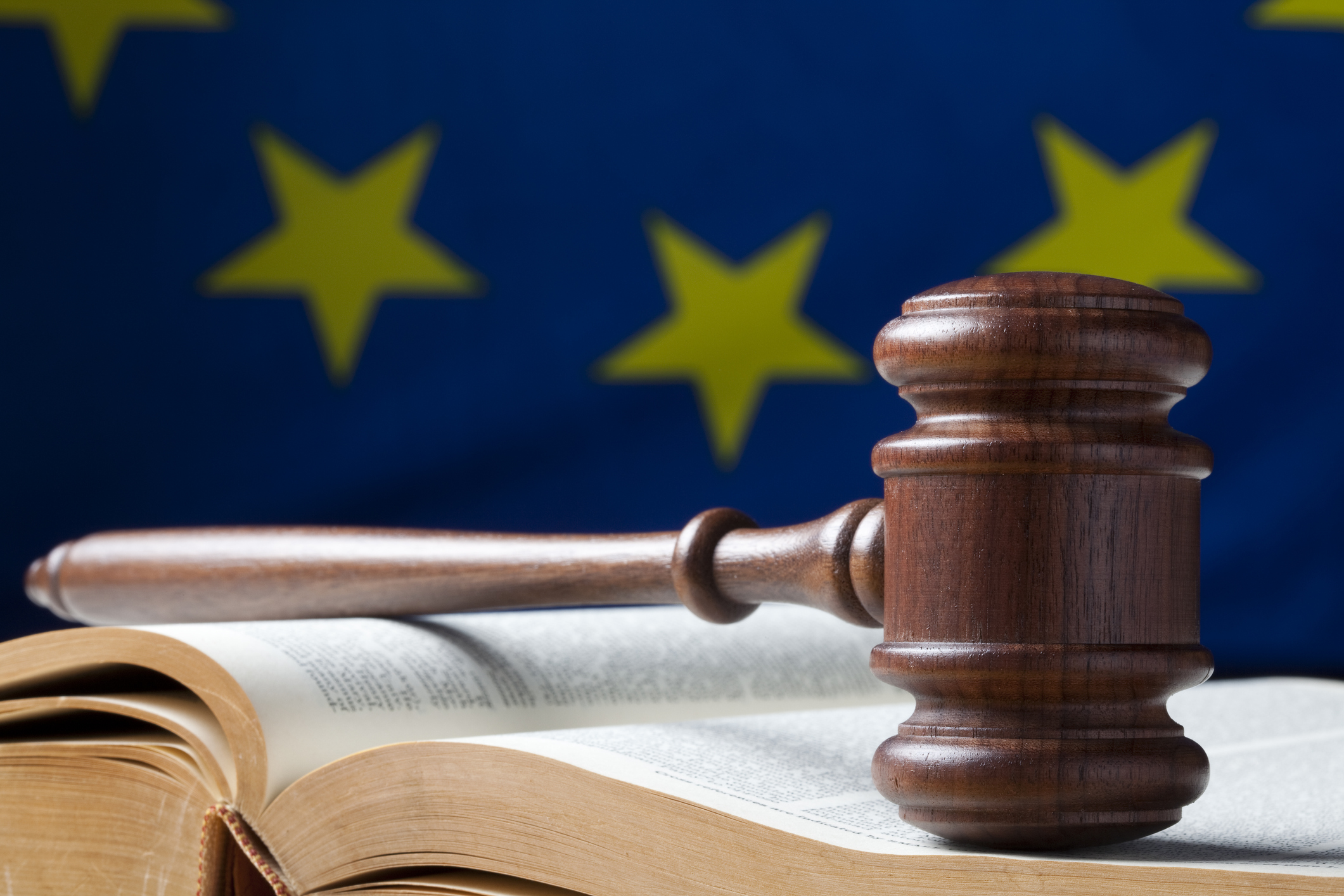A recent English court decision for the first time explores the overlap between trade secret claims under the EU Trade Secrets Directive 2016/943 and English equitable and common law claims for breach of confidence.
 In Trailfinders Limited v Travel Counsellors Limited & Ors [2020] EWHC 591 (IPEC), travel agency Trailfinders brought a case against competitor TCL and four former employees who allegedly exploited customer lists and accessed Trailfinders’ customer database after joining TCL to exploit confidential information to their and TCL’s benefit.
In Trailfinders Limited v Travel Counsellors Limited & Ors [2020] EWHC 591 (IPEC), travel agency Trailfinders brought a case against competitor TCL and four former employees who allegedly exploited customer lists and accessed Trailfinders’ customer database after joining TCL to exploit confidential information to their and TCL’s benefit.
In analyzing whether information taken by employees rose to the level of trade secrets, the judge turned to “the definition of ‘trade secret’ in art.2(1) of Directive 2016/943 (always bearing in mind the broad interpretation of ‘trade secret’ in the Directive).” Trailfinders Limited v Travel Counsellors Limited & Ors [2020] EWHC 591 (IPEC), [29]. Trade secrets under the EU Trade Secrets Directive, implemented in the United Kingdom by Trade Secrets (Enforcement etc.) Regulation 2018, must meet all of the following requirements: “(a) it is secret in the sense that it is not, as a body or in the precise configuration and assembly of its components, generally known among or readily accessible to persons within the circles that normally deal with the kind of information in question; (b) it has commercial value because it is secret; (c) it has been subject to reasonable steps under the circumstances, by the person lawfully in control of the information, to keep it secret.” The judge recognized that there were different categories of information that employees could be exposed to during employment which were entitled to varying levels of protections.
Continue Reading English Court Addresses Intersection of Trade Secrets Directive and Common Law Breach of Confidence Claims
 We continue our coverage of
We continue our coverage of